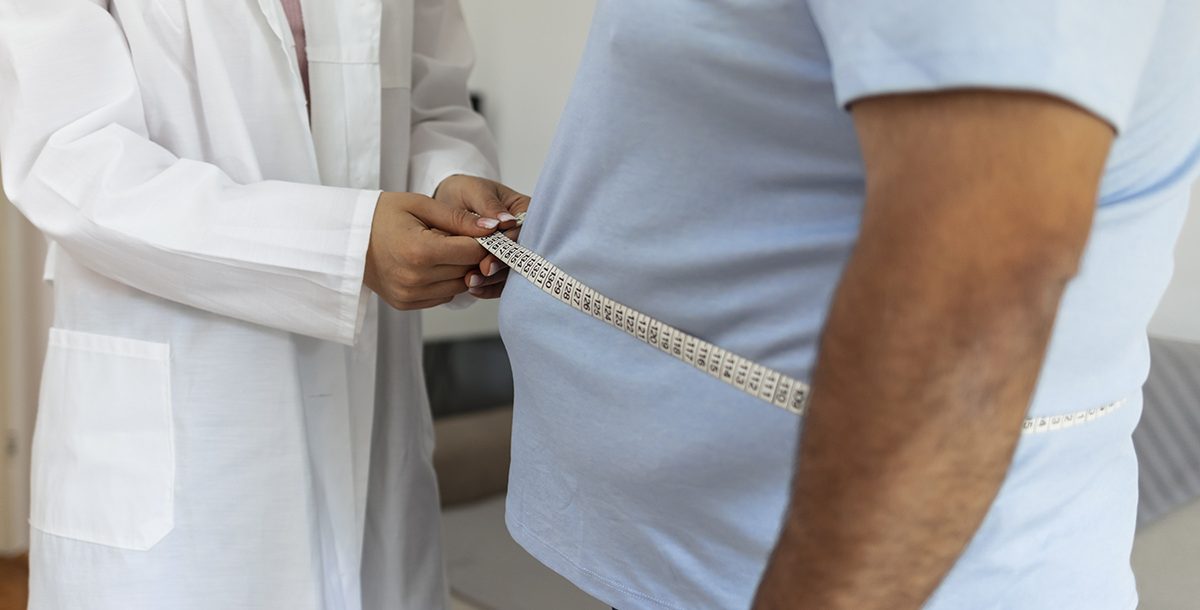Thinking that you need to lose weight because of serious health issues? Weight loss surgery, also known as bariatric surgery, might be right for you. However, if you are new to this type of procedure, you are probably searching for answers to your questions.
To help you with your research, we’ve compiled five common myths about weight loss surgery to help you find the accurate information you need.
Myth #1: Bariatric surgery is a quick fix.
Weight loss surgery is not a quick fix but an ongoing journey towards a healthy life through long-term changes. At Bon Secours, we use a multi-disciplinary team approach, where patients work with an experienced team of medical and surgical professionals. Our counselors and registered dietitians will also work with each patient to play a role in the weight loss journey.
Myth #2: Insurance won’t cover weight loss surgery.
Obesity was officially recognized as a disease by the American Medical Association and now more insurance companies are covering bariatric surgery. At Bon Secours, our insurance analyst can help patients submit necessary documentation and guide you through the process. It is best to review your insurance policy as well as gather diet records, medical records and medical tests that your insurance company may require.
Myth #3: The recovery will be too much and I will be in the hospital for too long.
Although recovery can vary for each patient, most hospital stays (including the day of surgery) can be one to two days for a laparoscopic gastric bypass and about five to seven for an open gastric bypass.
You will be able to walk almost immediately after surgery and will be required to take several walks throughout recovery. However, patients will need help with shopping, lifting and transportation after the procedure.
One of the reasons our program is successful though is because we offer all patients support and counseling before and after surgery. You will be asked to follow nutrition and physical activity instructions in the weeks after surgery, and take daily supplements while drinking at least 64 ounces of fluid every day.
Myth #4: Weight loss surgery won’t be effective for me.
Bariatric surgery is effective, but patients must be dedicated and motivated to following the program in order to have a healthier life. Bariatric surgery is considered the gold standard for patients whose health requires them to lose weight rapidly. It surgically alters the size of your stomach to restrict food intake. According to research, weight loss surgery also can improve or resolve associated health conditions in nearly 90 percent of surgical patients.
Myth #5: I won’t qualify for weight loss surgery.
In order to qualify for bariatric surgery, candidates generally have a BMI of 35 or more. This means being roughly 50 or more pounds overweight with at least one comorbidity or major health concern. Candidates with a BMI of 40 or more, do not need to have a comorbid condition in order to qualify.
Potential patients must also be 18 years of age or older. They must be non-smokers who do not abuse drugs or alcohol. In fact, patients will be required to stop smoking at least one month before surgery as it increases the risks for post-surgery recover.
Ready to take the next step in your journey? Get connected with one of our weight loss experts in your area today.





